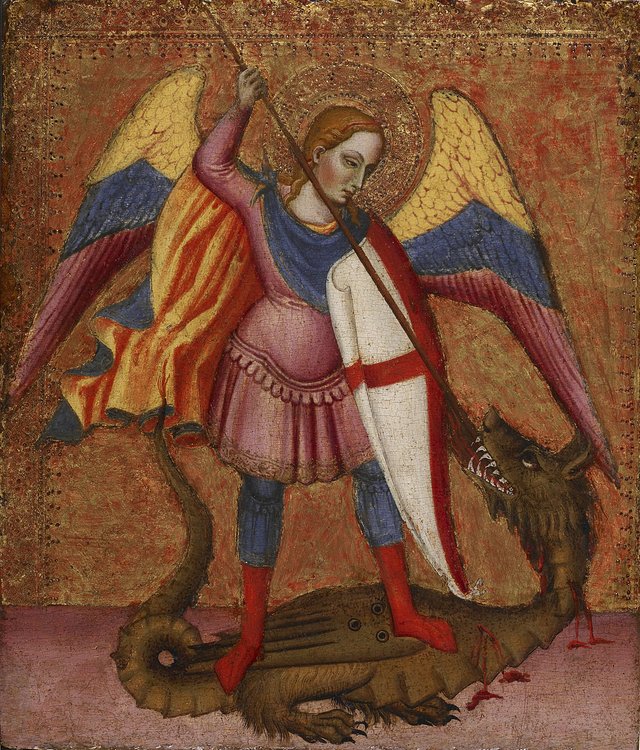Good and evil in the history of the soul

In the archaic, pre-civilization man, the separation of good and evil didn’t yet happen. In such a soul, sin is impossible, there is only a journey to the other world, which can be successful or unfavorable. It is represented as a trip to a foreign country, whose inhabitants do not really favor the newcomers, but if you show ingenuity, you can return рome with fabulous treasures. There are no angels and demons in this other world, only spirits, benevolent or otherwise. This world is negative in regard to the ordinary world—it isn’t evil, but compensating. Therefore, success in the other world is often related to problems in everyday life, and vice versa—that’s why losers in everyday life (like Ivan the Fool) exit the other world enriched.
In the ancient civilized man, good and evil are divided and the victory of Good over Evil already happened. Chthonic gods are expelled from Olympus, however bright Olympians may be supportive or hostile depending on the observance of taboos, because good and evil do not yet dwell in the soul—they are still externalized the same way as in the archaic man. One’s fate also depends on his prowess, skill, trained spirit (the ancient understanding of virtue and its opposite, vice). Evil, although defeated in principle, is an integral part of the universe, is inseparable from good and has its recognized rights.
In the man belonging to the epoch of the triumph of Christianity, good and evil are maximally divided and personified. And although good is endowed with unconditional priority, evil has remarkable strength and constantly tempts humans, even if these temptations can lead to greater good. Good and evil permeate the polarized universe and are constantly present both in the soul and in the outer world.
In the post-Christian, Baroque-to Enlightenment-to-Progress man, who belongs to the era of the triumph of science and reason, the defeated evil gradually turns into an invisible state, is repressed and internalized. On the surface, in the mind, only good in its various manifestations remains. Evil breaks out spontaneously, in accidents, illnesses, disasters, revolutions, and wars, being accidental, unexplained, not recognized.
And finally, the modern version, the man socialized, that is, repressed by society. Here, not only evil, but also good disappears as their understanding becomes relative, and their separation purely mechanical. Evil is repressed as much as possible, while good becomes imperceptible, like everything familiar, and all this against the background of an increasingly explicable and explanatory material reality, which becomes the only legitimate nature of things. The main thing that occupies the mind of the modern man is the reward or punishment expected for performing a certain social role. Such a man is always ready to sacrifice himself, but the reasons are that, first, he is trained to altruistically neglect his needs for the sake of a social role, and second, he does not value himself, because he is lost in the ubiquity of good.